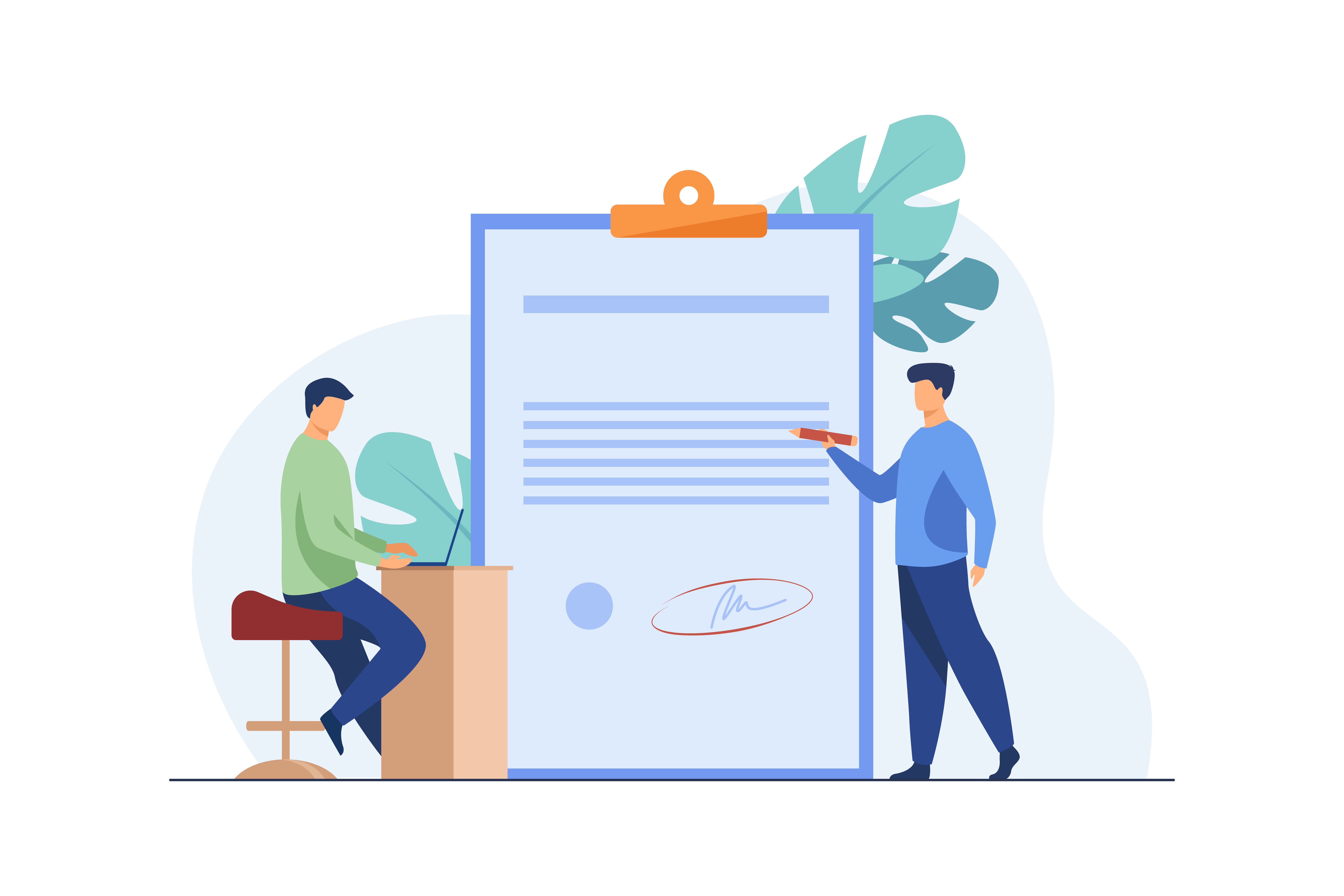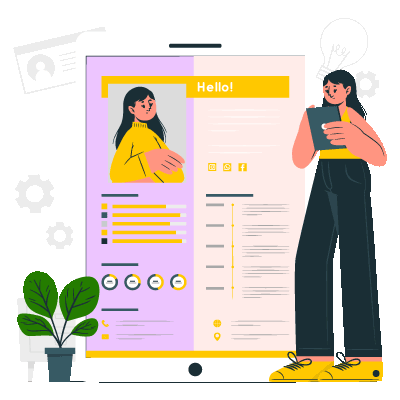
The Role of a cover letter in the job application process
As a job seeker, you probably understand the importance of submitting a well-crafted resume when applying for a job. However, many job applicants underestimate the value of a cover letter in the job application process. In this blog post, we'll explore the role of a cover letter in the job application process and offer tips for crafting an effective cover letter that can help you land your dream job.
What is a Cover Letter?
A cover letter is a one-page document that accompanies your resume and serves as an introduction to your skills, qualifications, and experience. It's an opportunity to showcase your personality, highlight your strengths, and explain why you're the perfect fit for the job.
The Importance of a Cover Letter
One of the key roles of a cover letter is to grab the attention of the hiring manager or recruiter. In a sea of job applications, a well-crafted cover letter can make you stand out from the crowd. It's a chance to make a good first impression and demonstrate your enthusiasm for the job.
Another important role of a cover letter is to highlight your qualifications and explain why you're a good fit for the job. This is particularly important if you're applying for a job that requires specific skills or experience. Use your cover letter to provide examples of your past accomplishments and explain how they relate to the job you're applying for.
Tips for Crafting an Effective Cover Letter
- Tailor your cover letter to the job you're applying for.
Use the job description to identify the key skills and qualifications that the employer is looking for and highlight how your experience matches those requirements.
- Be concise and to the point.
Your cover letter should be no more than one page long and should focus on your most important qualifications and accomplishments.
- Use a professional tone and language.
Your cover letter should be written in a professional tone and use proper grammar and spelling.
- Explain why you're interested in the job and the company.
Use your cover letter to demonstrate your enthusiasm for the job and explain why you want to work for the company.
- End with a strong call to action.
Use the final paragraph of your cover letter to thank the employer for considering your application and express your enthusiasm for the opportunity to interview for the job.
- Use specific examples to illustrate your qualifications.
Instead of simply stating that you have certain qualifications or skills, provide specific examples that demonstrate your abilities. This can help to make your cover letter more compelling and memorable.
- Avoid simply repeating your resume.
Your cover letter should complement your resume, not duplicate it. Focus on highlighting your most important qualifications and accomplishments that relate directly to the job you're applying for.
- Customize your cover letter for each job application.
While it may be tempting to reuse the same cover letter for every job you apply to, taking the time to customize your cover letter for each application can help you to better tailor your message to the specific job and company you're applying to.
In conclusion, a cover letter is an important part of the job application process that can help you stand out from the crowd and land your dream job. Use these tips to craft an effective cover letter that highlights your qualifications and demonstrates your enthusiasm for the job. Good luck!








